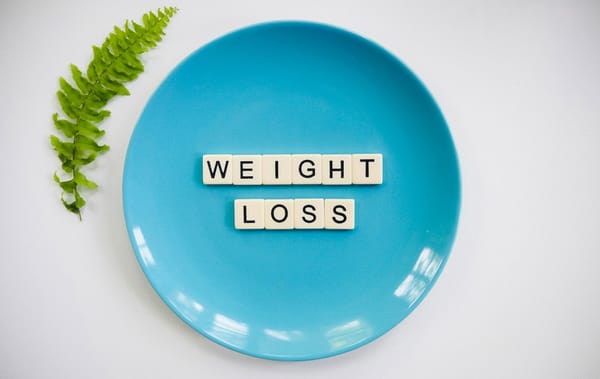The Effect of Stress and Cortisol on Your TDEE: What You Need to Know

The hard truth is that stress is unavoidable in life, and the good news is that it also can greatly affect your Total Daily Energy Expenditure, or TDEE. Chronic stress alters metabolism, affects the speed of energy burned, and, hence, controls weight management. Key among these metabolic processes is cortisol, the stress hormone. Cortisol can either increase or decrease your energy expenditure, depending on various factors at play.
Understanding TDEE and Its Components
The Total Daily Energy Expenditure (TDEE) is all the calories one uses in a day. This can include:
- Basal Metabolic Rate (BMR): this is the energy required to execute basic physiological functions such as breathing, blood circulation, etc.
- Thermic Effect of Food (TEF): this is the energy expended in digesting food and the absorption of nutrients.
- Physical Activity Level: this is the energy consumed during deliberate exercise or even any movement.
- Non-Exercise Activity Thermogenesis (NEAT): this is the number of calories burned during activities not related to exercise, such as fidgeting, standing, or walking.
Stress and Cortisol represent crucial actors in every single one of the TDEE components. Ultimately, they impact the total number of calories an individual burns and the storage process of the body's energy.
The Impact of Stress on TDEE
1. Increased Energy Expenditure with Acute Stress
Short-term stress can be looked at as putting the body through a fight-or-flight response. This is through increased heart rate, hence increased oxygen consumption, and calorie burn. In such scenarios, stress may serve to slightly increase the TDEE.
2. Reduced Energy Expenditure with Chronic Stress.
Chronic stress results in elevated cortisol levels that eventually slow the metabolism by conserving energy in the body, which in turn decreases NEAT and increases fat storage.
Cortisol's Role in Metabolism
1. Cortisol and Fat Storage
High levels of cortisol in the body are linked with the abdomen area for fat storage. This is to ensure the body holds energy in case of stress, leading to an increase in the retention of calories as opposed to burning them.
2. Cortisol and Muscle Loss
Elevated levels of cortisol could result in muscle tissue breakdown in an attempt to use it as an energy source, hence lowering lean body mass. Decreased muscle mass will increase BMR since muscle is responsible for more calories burned than fat, which will eventually lead to a reduction in TDEE.
3. Cortisol and Appetite Regulation
It can raise your desire for sweets and high-fat foods. This makes one eat more in a day than TDEE allows, which results in weight gain.
Managing Stress to Optimize TDEE
1. Prioritize Quality Sleep
Low sleep increases cortisol and discourages calorie expenditure. Aim for 7 to 9 hours of sleep to regulate stress hormones.
2. Include Stress-Reducing Activities
Meditation, deep breathing exercises, and yoga are some of the things you can do to lower cortisol and improve overall metabolic function.
3. Exercising Regularly
It aids in regulating cortisol and increasing muscle bulk, thus enhancing total energy expenditure. In this case, again, it is possible to have high cortisol incurred with excess exercise.
4. Balanced Diet
- Proteins: This helps to preserve muscles and balance blood sugars.
- Healthy Fats: Needed for the production of hormones.
- Complex Carbohydrates: They will help minimize any spikes in cortisol by ensuring that energy levels remain stable.
5. Avoid Excess Caffeine and Sugar
These stimulants could be factors in raising cortisol and causing additional stress, moths, and metabolism nulls.
Conclusion
Both stress and cortisol have a huge role in controlling TDEE. If stress is acute and temporary in nature, it's likely to help the burning of more calories; meanwhile, chronic stress is highly degrading to metabolism, facilitates fat storage, and is an appetite disruptor. Therefore, managing stress through sleep, physical activity, and proper nutrition is the key to opening up an effective energy expenditure that will allow a good weight maintenance level.



